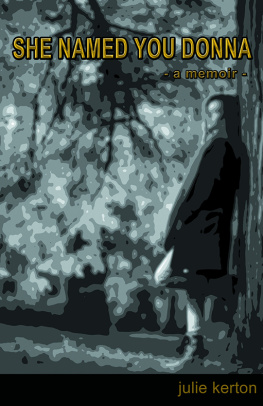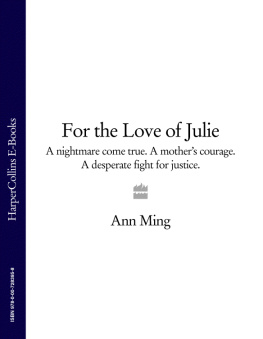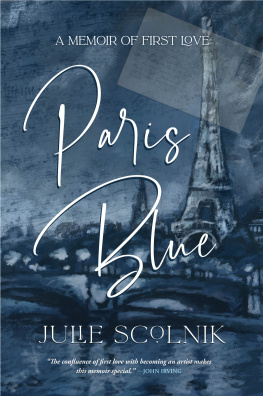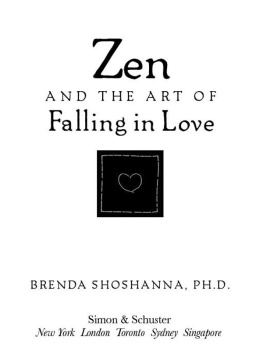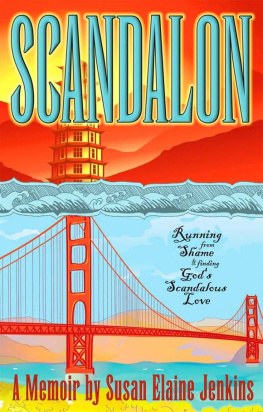

For my parents,
without whom the past was not possible
&
For Angie,
without whom the present is nothing to write home about
We dont see things as they are; we see them as we are
Anas Nin
Contents
Welcome to the floor show of the future, the life in potential. Three-ring circus: this, that, and the other. A lion tamer cracks his whip; a woman painted like a peacock descends from her trapeze. This is it. You have arrived. Welcome to the bright, shining abacus of If.
Moons and Junes and Ferris wheels
The dizzy dancing way that you feel
As every fairy tale comes real
Ive looked at love that way
Once upon a time, in an orchard, on an eighteenth of June, in the presence of God and a priest and a man who must be (must remain) my first lover in a sense then, also, my first love I did not arrive. I was expected, perhaps even pined for, and I hid myself away like stolen treasure. If love, then... I had written vows; some were tender and sincere; all were tentative. If marriage, then... I know now that absence is not the answer, or even the first curled frond of the explanation. Absence is a failure of the will. If promises, then... Mine a determined disappearance, a voluntary vanishing.
Fall the first bead. Slide it over. We are counting now. The rehearsal has ended.
When I fell, twice in one year, they were concerned about the soft spot, the fontanelle. I was four, so the most vulnerable place in my skull had long since sealed and toughened, yet my mother feared it would open again. (A worry not without warrant, it appears.) Years in the future, confessing my love for a girl, she murmured, Youve gone soft in the head again. Her fear palpable, the nuggets of her knuckles chattered.
If only we hadnt eaten so much fish... The mercury you know, the madness.
If only we hadnt sent you to Catholic school... Too much time unsupervised with the Sisters.
If only... If only...
I fell first from a swing, dizzy from my fathers underdog. He was tall like a mountain, and I cried Higher! Higher!, yearning to see the world from such a vantage. As he pushed harder, I pumped my legs, leaning back and stretching my toes till they tangled with the branches of the lowest trees. Then, my neck loose on my shoulders, my hair unraveling string, I looked back all the cool sand smoothed over concrete, the broken shells. I let go. Not a sound escaped my lips, just the heat of a fresh flush and then the silence. A crowd gathering on the quiet promenade of Lincoln Park. My parents frantic faces peering down. Are you hurt? Is anything broken? But the stunned body, the purloined speech. Pain vanishes. Did you know? I watched it recede like a wave from the shore. Over my left eye, a clot of blood, and the seagulls so many soaring overhead.
Then the circus: first time under the big tent: all flustered gaze and fire-eating spectacle. And the elephants, white-painted toes and glittering crowns, paraded around with their howdahs full of children. I climbed the ladder, last rider squeezed in under the silver bar. My father waving, my mothers voice above the din of strangers: Hold on tight! But how? But where? Nothing to cling to, and the elephants ears flapping thick stale air, and my body coming free from its sash. I slid down the side of him, flat as a penny against his wrinkled skin, rattling the bones of my ribs. We could sue you for this! my mother sobbed. My father, slinging me over his back like a knapsack, my wild assemblage of limbs. I am beside myself, and then beyond: disembodied, surveying. None of the pain seeps in. No harm done. Will death be as easy? Will love?
Anger, the second bead, which is sorrow also. Anger, which is sorrows kiln.
Before my mother began to scream, she would walk through the house shutting every window, drawing every shade. Neighbors in her philosophy were most tolerable when kept at a distance, in a state of amiable oblivion. Summer came, and her rage boiled like water on the stove. When the last window had been closed, she over-flowed. Winter, which lacked the intermittent silence, the bracing of hands and the bowing of heads, lingered like a hair on her trigger. At any moment, the roof could cave in, the ceiling shatter. And I, so gangly and white: I quivered like a wick, ever an inch from that flame.
We had friends then, and the friends always had children. Once, I remember, we shared a cabin with the Johnsons at Ocean Shores. In the shallow glow of morning, I stumbled out of bed. Mr. Johnson was sitting on the toilet, a silhouette in blue, his pajamas down around his ankles and a comic book (those slender, raspy pages) in his hands. I stood a long time before he saw me, not embarrassed then to be staring. When his dark eyes met mine in the dim light, I said only, Why dont you stand up like my daddy does? and staggered back toward my borrowed room.
The next day we ate Dungeness fresh from the surf and never talked about it. A story, like the rest of my life, foreshadowed. But in the future, I would not witness so shamelessly. I would find virtue in averting my eyes.
At Seaside, another vacation, pretending to be asleep: Please, Linda, my father whimpered. It wasnt the voice of lust speaking (a voice I would learn), but the voice of loneliness (a language already so familiar...). Please. She wouldnt have him, and his words turned softer, more insistent. Under the blankets, I was trembling. Never, I thought, will I withhold from my husband that way.
After a while, we didnt see the Johnsons anymore. Eric, their son, jealous of his newborn sister, carried a pillow into her room while my mother and Mrs. Johnson were sipping tea, flipping through the pages of a JCPenney catalogue. I watched him slink by, one finger raised to his lips and a threat in his eyes: Dont tell anyone, dont you dare. His mother, sudden as instinct, jumped to her feet, scurrying away to check on Anna. I followed. And what she found what I saw through the triangle of light between her thighs was Eric leaning over the crib, sobbing and smothering the baby at the same time.
There is something about being a child, about the smallness so far below see level that makes me shiver, even now, safe in my grown-up skin. The persistent awareness of someone looming: larger than you and with a power you wish you had. How they always noticed me when I didnt want them to small falters, sly smiles; how they were never watching with the right eyes.
Add hunger. Add thirst.
Chelsea Brothers is beautiful. An implicit knowledge. Slip knots are difficult and roller skates are dangerous, and Chelsea, with her curly red hair and pink glasses and a trail of freckles blazing her arms, makes me hungry for cupcakes dolloped with strawberry frosting. I am in the first grade, and she is in the sixth. I wont see her again, after this year, which troubles me beyond expression. Time, really, is what poses this problem, for my sense of myself as so much older than everyone else while confined almost exclusively to same-aged companions. Even recess is segregated: fourth- through sixth-graders playing together, then afterward, first through third. And through the rain-streaked windows of Miss Campbells class, I contemplate a future without Chelsea. Who will I study on the playground now? Who will hold my interest once shes gone?
Next page



